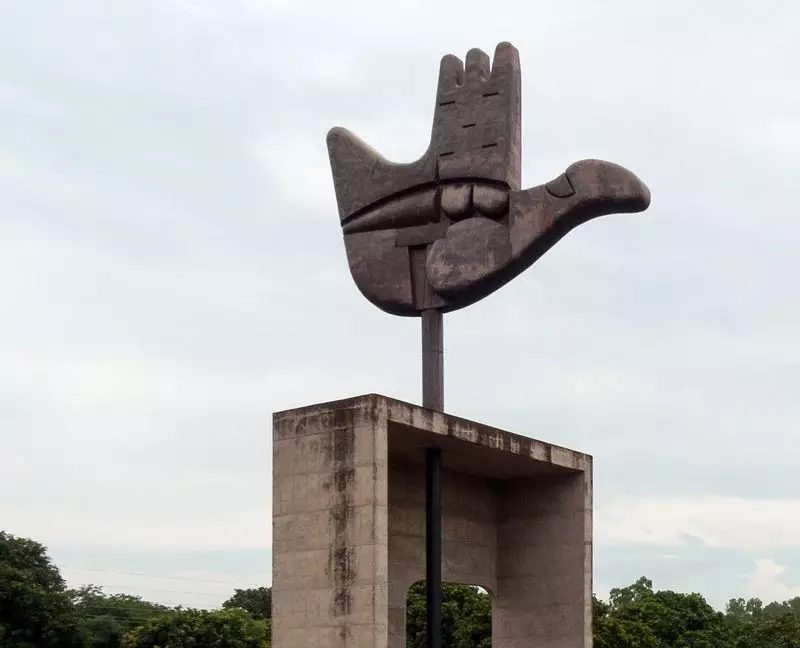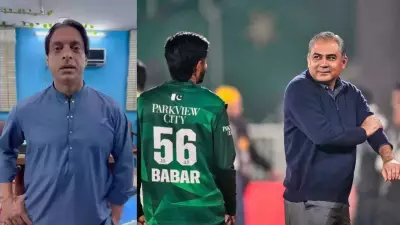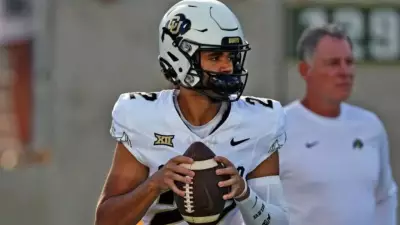
The election process of the Chandigarh Olympic Association has landed in legal trouble with a petitioner approaching the Punjab and Haryana High Court challenging its validity. The court has taken up the matter and scheduled a hearing for August 28, casting uncertainty over the sports body's electoral proceedings.
Legal Challenge Against Election Process
The petition, filed by Ravinder Singh, questions the entire election framework established by the Chandigarh Olympic Association. According to the legal challenge, the election process initiated on July 4, 2024 contains fundamental flaws that could compromise the democratic functioning of the prominent sports organization.
The petitioner has named significant respondents in the case, including the Union of India through the Secretary, Ministry of Youth Affairs and Sports, and the Chandigarh Administration through its Home Secretary. This indicates the case involves substantial governmental interest in the proper functioning of sports bodies.
Court Proceedings and Interim Developments
During the initial court proceedings, the petitioner's counsel successfully convinced the bench that the matter required judicial scrutiny. The court has officially admitted the petition and established a timeline for further proceedings, demonstrating the seriousness with which it views the allegations.
In a significant development, the Chandigarh Olympic Association had scheduled its elections for August 11, 2024. However, the legal challenge has now created uncertainty around whether these elections can proceed as planned or will require modifications based on the court's eventual decision.
Broader Implications for Sports Governance
This case represents more than just an internal dispute within a single sports organization. It highlights the ongoing tension between administrative autonomy and legal accountability in Indian sports governance. The outcome could set important precedents for how other sports bodies in the region conduct their electoral processes.
The timing is particularly significant given the increased scrutiny sports organizations nationwide face regarding their governance standards. With the next hearing scheduled for August 28, 2024, all stakeholders in Chandigarh's sports ecosystem await the court's direction with keen interest.
This legal challenge underscores the growing demand for transparency and procedural fairness in sports administration across India. The court's eventual ruling could influence how sports bodies balance their operational independence with the need for democratic processes that withstand legal scrutiny.






